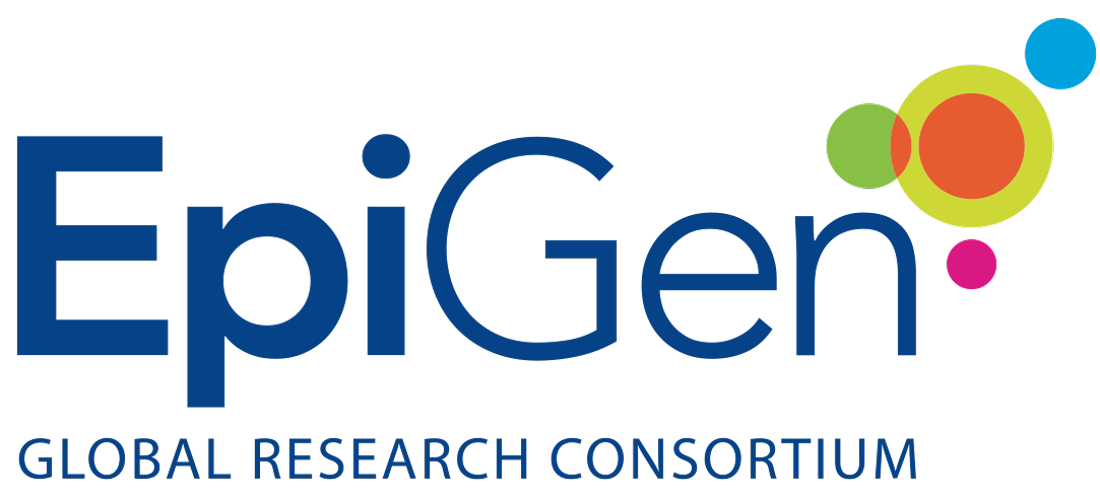EpiGen to collaborate with Nestlé Institute of Health Sciences on Sarcopenia
3rd March 2015 / Lausanne / As life expectancy increases, sarcopenia is becoming ever more prevalent. Sarcopenia is characterised by the loss of muscle mass and function due to age, often leading to falls and loss of independence in the elderly population.
Generally speaking, sarcopenia is not recognised as a disease by the medical community, but is instead viewed as a normal part of the ageing process. No specific treatment is available, other than recommendations to exercise and take protein and multi-vitamin supplements.
This situation will now be addressed through a collaborative project involving the Nestlé Institute of Health Sciences (NIHS), the EpiGen Consortium, an international alliance of researchers at Auckland UniServices Limited, University of Southampton, Medical Research Council Lifecourse Epidemiology Unit - University of Southampton, Singapore Institute for Clinical Sciences of the Agency for Science, Technology and Research (A*STAR), National University of Singapore and UWI Solutions for Developing Countries, University of the West Indies.
The MEMOSA project (Multi-Ethnic Molecular Determinants of Human Sarcopenia) is a three-year programme which officially launches in March 2015. It aims to develop molecular markers for identifying sarcopenia, and those patients who would benefit from a targeted intervention.
For more information, please read the full press release on the NIHS website, https://www.nestleinstitutehealthsciences.com/news/newsinstitute/joint-study-between-nestle-and-epigen
